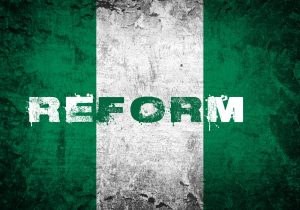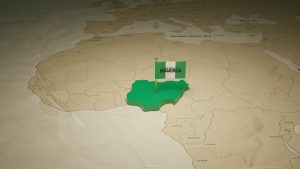Another election cycle has begun, and while we watch with keen interest as political figures jostle for a chance to be elected to the highest office in the land, the only certain thing is that whoever emerges president will be confronted with a significant fiscal overhang. When the campaigns resume, a key question on the minds of the electorate should be how the next administration intends to approach fiscal consolidation and debt sustainability in the face of revenue constraints.
The last seven years have seen Nigeria’s public debt burden skyrocket with minimal investments in infrastructure to show for it. While the Federal Government of Nigeria’s capital expenditure averaged ₦1.6 trillion ($3.85 billion @ ₦415/$) over the last seven years, it has lagged behind both budgeted levels and the amount required to close the infrastructure gap (estimated at $150bn annually over the next 30 years). It also pales insignificance when compared with its regional peers.
Figure 1: Capital Expenditure (%) of Nominal GDP

However, during the same period, total public debt has soared by a staggering 226% to ₦39.56 trillion in December 2021, up from ₦12.5 trillion in June …..
![]() Download the Full Report
Download the Full Report






